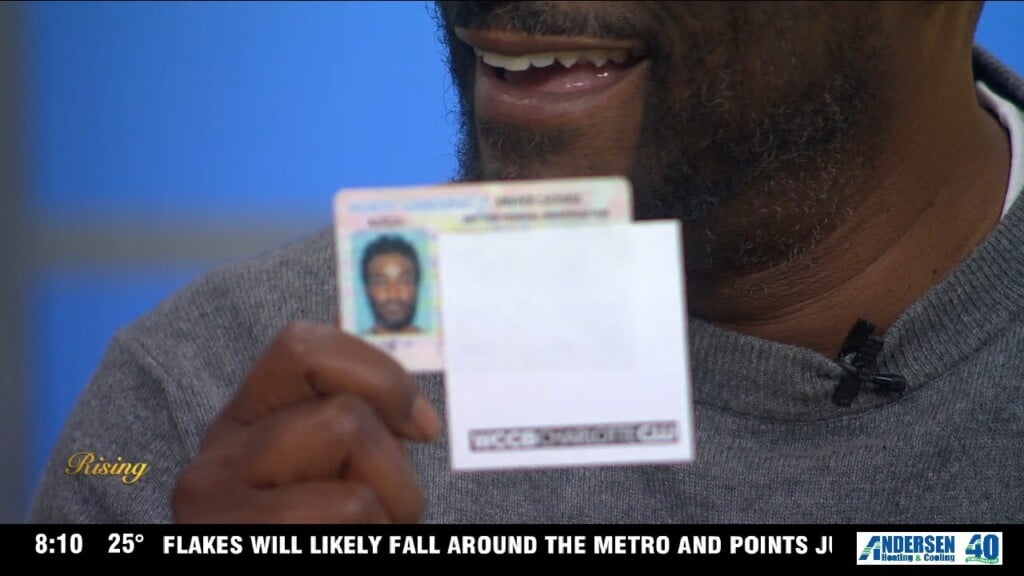What the Tech: Internet safety
CHARLOTTE, N.C. – Social media companies often say they’re keeping children safe. But one tech expert, who’s also a mom, says the platforms aren’t doing nearly enough, and that kids are in danger on apps many parents don’t even think to worry about.
She’s seen the data, heard the stories, and is sounding the alarm for parents.
Social media platforms claim they’re making progress when it comes to protecting children online. But Titania Jordan, Chief Parenting Officer at Bark, says the reality tells a different story.
“Self-harm, suicide, sexual content, anxiety, bullying, disordered eating, predators, violence; the rate that children are experiencing things online continues to rise.”
Jordan has worked for years at the intersection of parenting and technology. She says even the platforms parents might think are safe are not without risk.
“Pinterest, full of recipes and crafts, also has messaging features where strangers can talk to your child,” she says. “Roblox, wildly popular with kids under 12, is also always in the news for its major issues with predators.”
But according to Jordan, the fastest-growing threat is sextortion — and it is increasingly targeting younger children.
“It’s boys. Nine, ten, eleven-year-old boys,” she says. “They think they’re talking to a girl their age. They’re not.”
She adds, “Smart children, loved children, children that make straight A’s and are star athletes, and giving volunteers fall victim to this.”
Some schools are trying to help by going device-free during class hours. But Jordan says that is only part of the solution.
“The real risk happens at night, behind closed doors,” she says. “Please don’t think ‘my child would never’ or ‘I’ll know if my child is experiencing x, y, z.’ Good kids make bad choices. And bad things are happening to children at much higher rates than anyone might realize.”
While smartphones and social media apps now come with more parental controls, Jordan warns they are not foolproof.
“Kids will always find ways around them,” she says. “The most important thing for families is to reduce the shame. Let them know they can always come to you. It’s the most important thing you can do to protect your child.”




